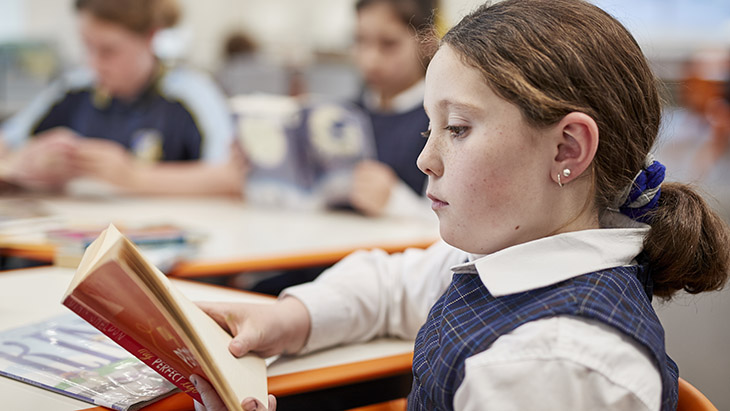Curriculum considerations for intellectual disability
Creative arts
English
Mathematics
Students with an intellectual disability may need support with numeracy. Immediate encouragement and correction, and lots of time to practise, may help.
Consider using simple words in mathematics problems. Using different ways of describing the same object may be confusing. For example, 'he took away three carrots, how many vegetables does he now have?'
Some students with an intellectual disability will learn well through sensory learning. This might include pointing to touch points on a written number (dots or lines that they can count embedded into a number) or looking at a picture that shows the mathematics problem.
Clear and exact instructions for strategies or methods for solving problems may be helpful. Students may need to be taught how to use those strategies across different problems.
Consider pairing a student with another student who can demonstrate mathematics skills and give instructions or help. See our peer inclusion and group work page for important tips for pairing students.
Languages
Students with an intellectual disability may need support with learning a new language. Assess whether learning a language will be advantageous to them on a case-by-case basis.
If they learn a language, focus on areas of strength and build from there. They may need one-to-one help and instructions or information to be repeated lots of times.
Personal development, health and physical education
A student with an intellectual disability may need simple instructions, demonstrations and prompts when learning new skills in physical education classes, or when playing sports games with a group. The demonstrations and prompts may need to be repeated lots of times. New skills may need to be broken down into smaller parts.
Some students may need physical help with learning new tasks. For example, hand-on-arm guidance when learning the correct movement to throw a ball may be helpful. The use of full or partial physical prompts should be included as part of a student’s Personalised Learning and Support Plan and in line with the six decision-making principles for the use of restrictive practices.
Consider lots of pair or small group activities. Choosing who will be in each group prevents a student with an intellectual disability from being left out or picked last.
Human society and environment
Science and technology
